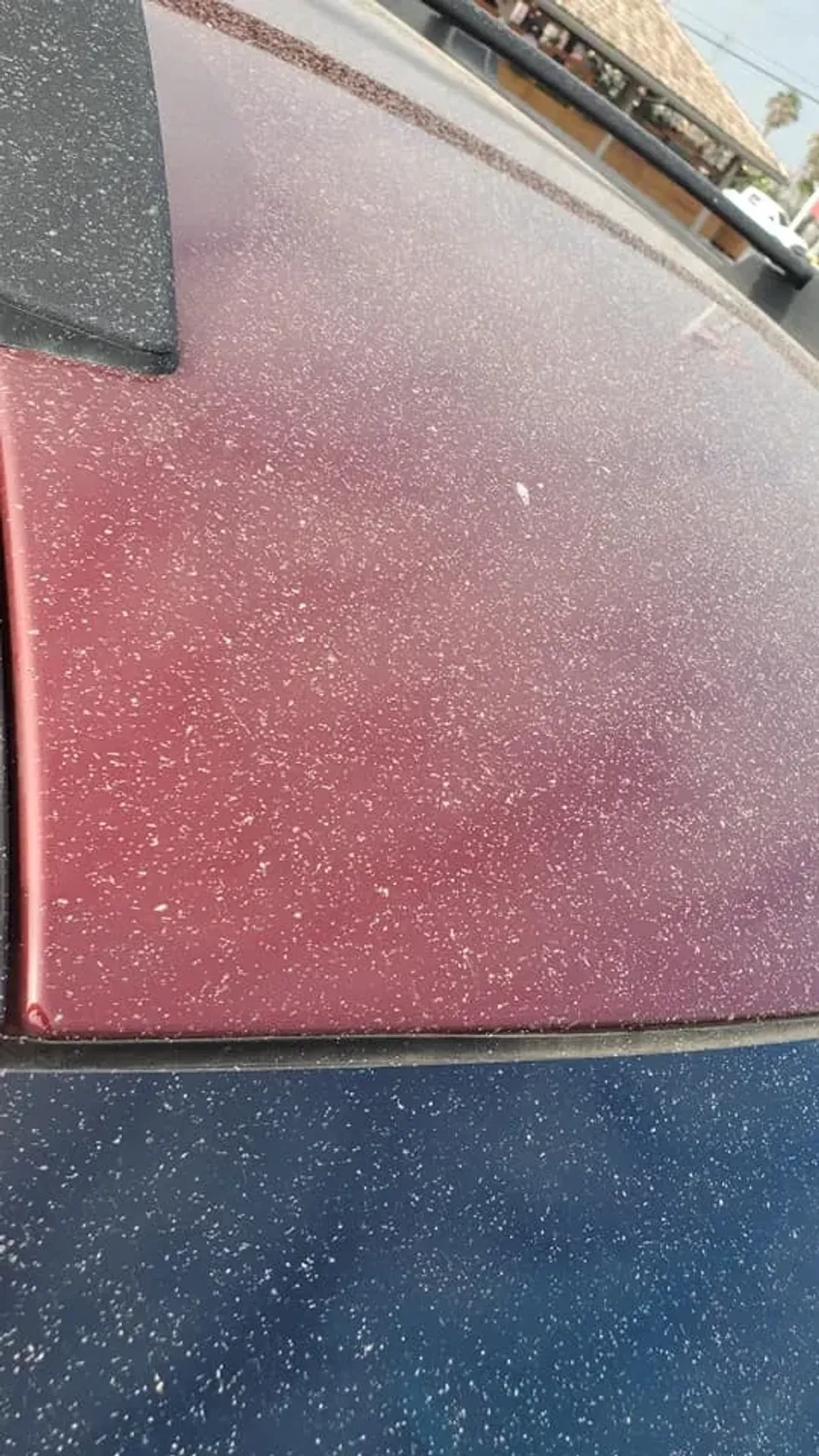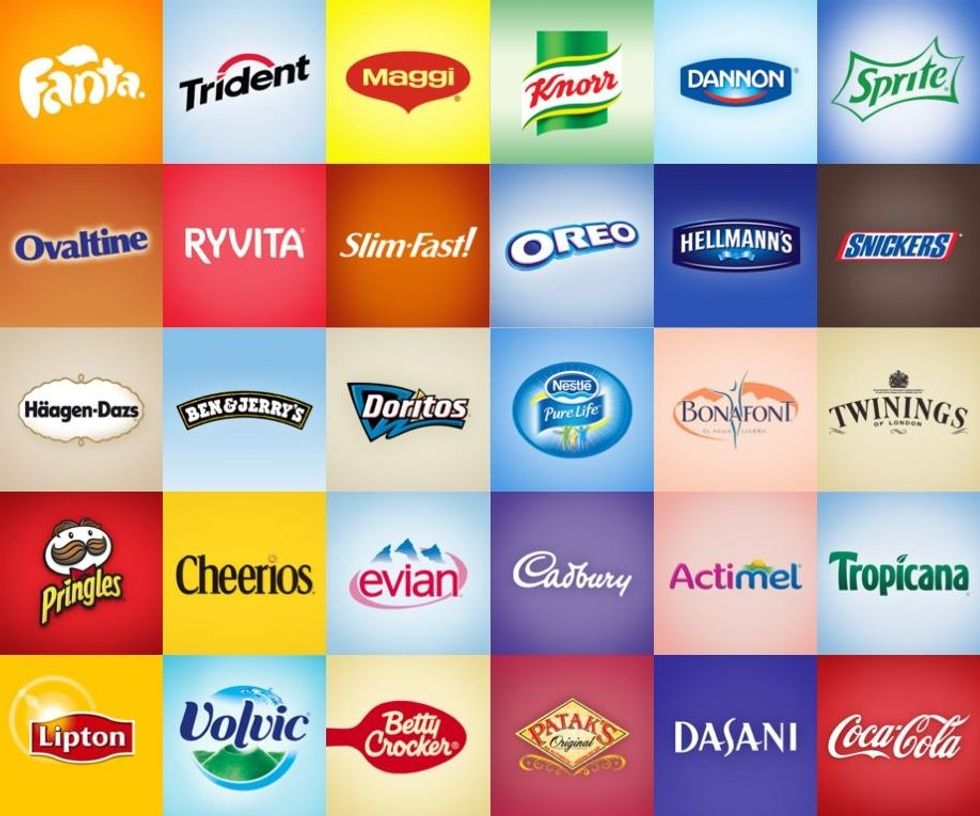SpaceX Explosion Sparks Environmental Concerns After Coating Texas Community in Ash
"While we are looking to the stars, we should not readily sacrifice communities, habitat, and species," said a Center for Biological Diversity senior attorney.
Experts and community members say that particulates from the Thursday explosion of Elon Musk's Starship spacecraft and Super Heavy rocket spread much farther than SpaceX predicted, raising concerns about the impact on human health and endangered species.
Within minutes of the explosion, residents of Port Isabel, Texas reported that wet, sandy material was falling from the sky, despite the fact that they were around six miles from the Boca Chica launch site.
"What kind of danger did Cameron County bring to our community when SpaceX was welcomed here?" Elma Arredondo, a retired school teacher who used to work at Port Isabel's Garriga Elementary, asked in an interview with Texas Public Radio.
"What kind of danger did Cameron County bring to our community when SpaceX was welcomed here?"
Thursday's launch was the first test for Starship, the largest rocket ever built. The rocket lifted off successfully at 8:33 am CT and shot about 39 kilometers into the air before multiple engines failed and the rocket lost altitude as it started to wobble, SpaceX explained. This triggered the decision to explode both the ship and its booster.
"With a test like this, success comes from what we learn, and we learned a tremendous amount about the vehicle and ground systems today that will help us improve on future flights of Starship," SpaceX wrote on its website.
Starship Flight TestStarship gave us quite a show during today's first flight test of a fully integrated Starship and Super Heavy rocket from Starbase in ...
Interesting Engineeringsaid SpaceX's attitude was in keeping with its "fail fast, learn fast" approach, but the company's leadership, including CEO Elon Musk, aren't the ones who have to live with the consequences of those failures. That would be the residents of Port Isabel, who have to deal with the potential health impacts of Thursday's ash rain, or the endangered Kemp's Ridley sea turtles currently nesting on Boca Chica's beaches.
"We are not against space exploration or this company," Center for Biological Diversity senior attorney Jared Margolis toldCNBC Monday. "But while we are looking to the stars, we should not readily sacrifice communities, habitat, and species."
Before the launch, SpaceX predicted that the debris field would extend about one square mile around the site, with debris falling only three-quarters of a mile away. Port Isabel, therefore, should have been spared, as should have South Padre Island, which is a few miles away.
Instead, Port Isabel spokeperson Valerie Bates toldThe New York Times that almost the entire town "ended up with a covering of a rather thick, granular, sand grain that just landed on everything."

Bates said that the debris posed no "immediate concern for people's health," and environmental compliance and risk expert Eric Roesch, who warned on his blog ESG Hound that the launch was likely to have a bigger impact than SpaceX attested, said it was impossible to say without a chemical analysis. However, Roesch also told CNBC that particulate matter in general can cause lung and breathing problems.
There was physical damage as well. Vibrations broke a window at a Port Isabel gym and, closer to the site, larger pieces of debris hit a car.
\u201cVR Cam caught some spectacular footage as #SuperHeavy rocked #SpaceX #Starbase this morning. I am floored at the amount of debris that was ejected. Waiting on Rover 2 damage assessment. Congratulations @elonmusk on pulling this historical launch!\u201d— LabPadre (@LabPadre) 1681999961
"Concrete shot out into the ocean, and risked hitting the fuel storage tanks which are these silos adjacent to the launch pad," Sierra Club Lone Star chapter director Dave Cortez told CNBC.
Roesch said all the flying particulates and concrete came from a large crater that formed at the launch site because SpaceX didn't install a trench or water system to redirect and quench fire.
"He just wanted to get this thing up in the air," Port Isabel resident Sharon Almaguer told theTimes of Musk. "Everybody else sort of be damned."
That everybody else may include the turtles and other animals that live near Boca Chica.
"SpaceX's Boca Chica facility sits amid one of the most unique natural habitats in the northern hemisphere," Roesch noted in an April 16 blog post. "The area is home to countless endangered species and provides a wintering home to the piping plover and red knot."
Roesch said that the Federal Aviation Administration (FAA) granted the launch permission based on noise, heat plume and, other calculations from 2019, when Starship was 20% smaller.
"The resulting damage to the community and the environment predicted are certainly understated, inadequate, and inaccurate," he said days before the launch.
"[Musk] just wanted to get this thing up in the air ... Everybody else sort of be damned."
In the face of the explosion, the FAA told CNBC that it had grounded further launches for a "mishap investigation," which is standard operating procedure. Future Starships can launch again once SpaceX has undertaken additional "environmental mitigations," FAA said. However, Margolis thought the hurdle would be too easily cleared to protect human and animal well-being.
This isn't the first time a Musk company has clashed with Texas communities over environmental impacts. At a public hearing in March, community members of Bastrop, Texas, protested his Boring Company's plans to dump self-treated wastewater into the nearby Colorado River instead of using the city system. The company is seeking a permit to do this, but it has previously come under fire for moving forward without construction and air quality permits, and residents are frustrated with how the billionaire can use money to have his way in their city.
"The owner of these companies spent $44 billion on Twitter, and it had no impact on his ability to continue to build these businesses," Bastrop property owner Amy Weir said at the meeting, as Gizmodoreported. "There is no way for the state to enforce its laws or protect the people and businesses downstream, should there be an issue with discharge from this facility."


